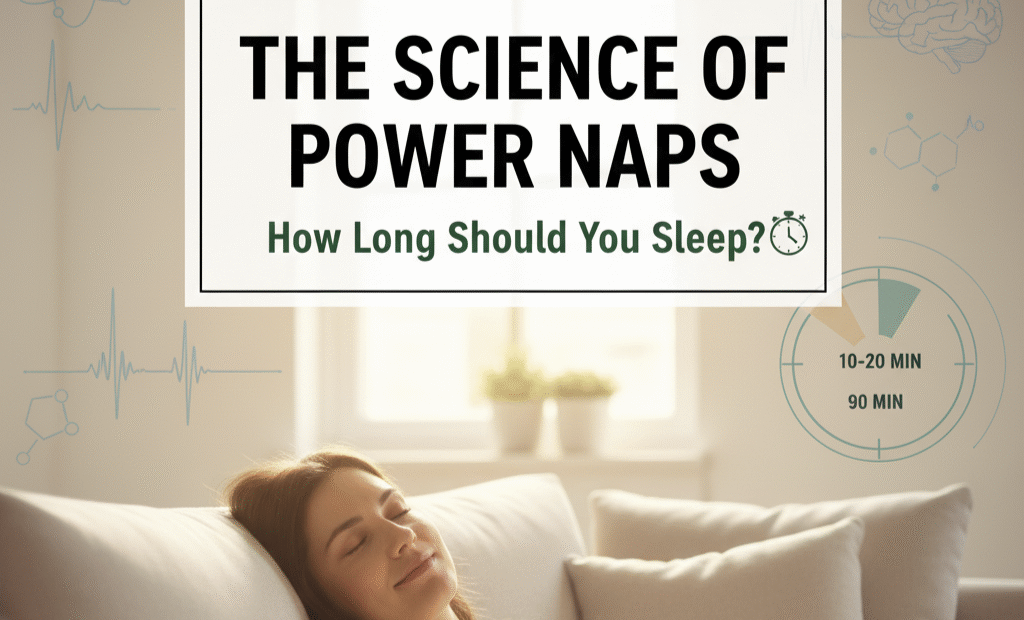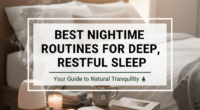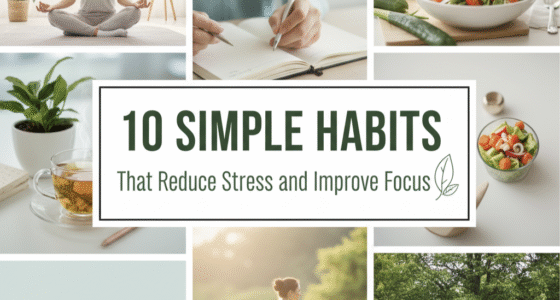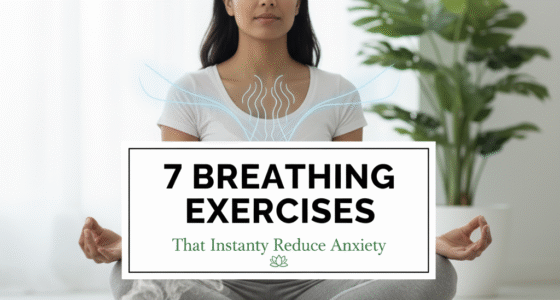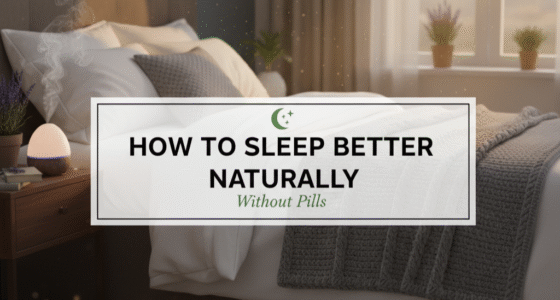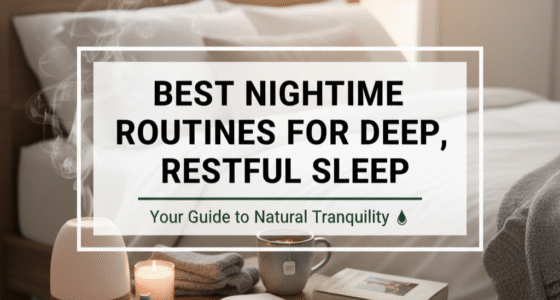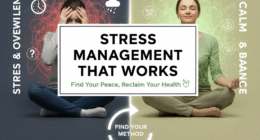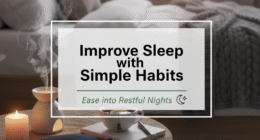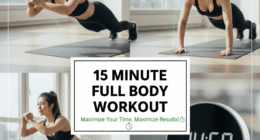Power naps have become a hot topic in 2025 as people are looking for simple, natural ways to boost energy, productivity, and mental focus. Unlike long naps that may leave you groggy, a well-timed power nap can refresh your brain in less than 30 minutes. But the real question is: how long should you nap to get the maximum benefits? In this article, we’ll dive deep into the science of power naps, explore the benefits of different nap lengths, share expert-backed tips, and explain how you can use naps to improve your health and daily performance without harming your nighttime sleep.
What Exactly Is a Power Nap?
A power nap is a short period of daytime sleep designed to provide a quick boost of energy and alertness. Typically lasting 10 to 30 minutes, power naps are different from regular naps because they avoid deep sleep stages. Instead, they focus on light sleep, which helps you wake up refreshed rather than groggy. This makes them an effective tool for busy students, professionals, and even athletes who need to recharge quickly.
The Sleep Cycle Explained
To understand why nap length matters, it’s important to know about the sleep cycle. A full sleep cycle lasts about 90 minutes and has several stages:
- Stage 1: Light sleep, easy to wake up from.
- Stage 2: Deeper light sleep, boosts memory and focus.
- Stage 3: Slow-wave deep sleep, important for physical recovery.
- REM sleep: Dreaming stage, supports creativity and emotional health.
Power naps aim to keep you in stage 1 or 2, avoiding the grogginess that comes from waking up during deep sleep. That’s why the length of your nap is so critical.
How Long Should a Power Nap Be?
Experts agree that the ideal power nap lasts 10–20 minutes. This short period allows you to rest without falling into deep sleep, giving you benefits like improved alertness, focus, and energy. Here’s a breakdown of different nap lengths and their effects:
- 10–20 minutes: Best for a quick refresh. You’ll feel energized, focused, and alert.
- 30 minutes: May provide memory benefits but can cause grogginess afterward.
- 60 minutes: Includes slow-wave sleep, great for memory but increases risk of sleep inertia.
- 90 minutes: A full cycle including REM sleep, helpful for creativity and full recovery, but less practical for busy schedules.
The Benefits of Power Naps
Short naps are more than just a break. Research shows that power naps can transform the way you perform during the day. Benefits include:
- Boosted energy: A short nap helps fight mid-day fatigue.
- Improved learning and memory: Stage 2 sleep consolidates new information.
- Better focus: After a nap, your brain processes information faster.
- Reduced stress: Napping lowers cortisol levels, helping you feel calmer.
- Heart health: Studies show naps may lower blood pressure and reduce heart disease risk.
- Increased productivity: Many companies now encourage short naps to improve employee performance.
Best Time of Day for a Power Nap
The timing of your nap is just as important as its length. The ideal time to nap is between 1 PM and 3 PM, when your body’s circadian rhythm naturally dips. Napping during this window helps you recharge without interfering with nighttime sleep. Napping too late in the day can make it harder to fall asleep at night, which reduces overall sleep quality.
Tips for an Effective Power Nap
- Set an alarm: Keep naps under 20 minutes to avoid grogginess.
- Create a restful environment: Use an eye mask or blackout curtains.
- Keep it quiet: Noise-canceling headphones or earplugs can help.
- Try a coffee nap: Drink coffee right before a short nap. Caffeine kicks in as you wake, doubling the effect.
- Stay consistent: Regular nappers often report long-term mental and physical benefits.
Power Naps vs. Long Naps
While long naps can sometimes be useful (like after a sleepless night), they often lead to grogginess if you wake up during deep sleep. Power naps are safer, shorter, and more practical. A quick nap during a work break, commute, or study session can be far more effective than a 60-minute nap that leaves you sluggish afterward.
Are Power Naps for Everyone?
Not everyone benefits equally from naps. People with insomnia or other sleep disorders may find that daytime naps disrupt nighttime sleep. However, for most healthy adults, power naps are an excellent way to reset during the day. They are especially effective for people who sleep fewer than 7 hours at night or work long, demanding hours.
Scientific Studies Supporting Power Naps
Multiple studies have proven the effectiveness of naps. NASA research found that a 26-minute nap improved pilot performance by 34% and alertness by 54%. Another study showed that 20-minute naps improve memory retention and learning ability, making them ideal for students. In Japan, some companies have even built nap pods in offices to improve employee performance.
Power Nap Myths Debunked
- Myth 1: Naps make you lazy.
Truth: Short naps improve productivity and brain function. - Myth 2: Only children need naps.
Truth: Adults also benefit from naps, especially during high-stress schedules. - Myth 3: Naps ruin your nighttime sleep.
Truth: Properly timed naps (before 3 PM) do not harm nighttime rest.
Conclusion
Power naps are not just a trend—they are a science-backed strategy to boost energy, improve focus, and reduce stress in just 20 minutes or less. The sweet spot for the perfect nap is 10–20 minutes, taken in the early afternoon. Longer naps can be useful, but they often risk leaving you groggy unless you complete a full 90-minute cycle. If used wisely, power naps can make your days more productive, your mind sharper, and your body healthier.
Final takeaway: Think of power naps as a natural productivity hack. They’re quick, effective, and backed by science—so don’t feel guilty about taking that 20-minute rest. It could be the healthiest choice you make all day.
